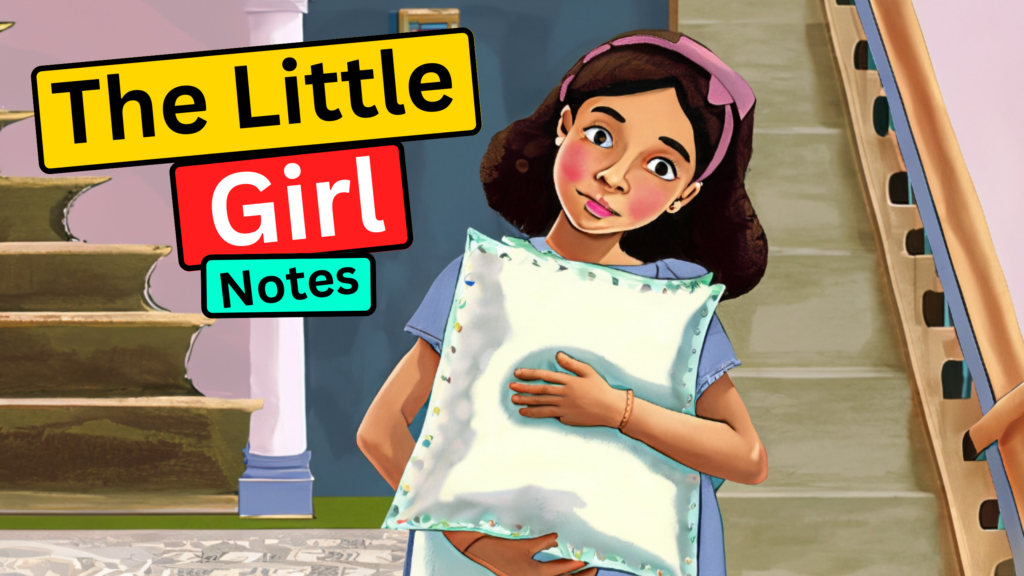Introduction
In the book Weathering the Storm in Ersama, a boy named Prashant meets a super cyclone. Prashant goes to see his friend, who lives 18 km from his house. The area is flooded by a terrible cyclone, and Prashant and the family of his friend have to stay on the roof. He has a hard time getting to his village, but he does and is glad to see that his family is safe. Prashant’s ability to lead helped the victims get back on their feet during and after the cyclone.
Summary
On October 27, 1999, Prashant went to Ersama, a small town on the coast of Orissa, to see an old friend who lived there. The village of Kalikuda, where Prashant lived, was about 18 km away. After his mother died seven years before, Prashant went there. In the evening, a super cyclone with strong winds (350 km/h) and heavy rain hit the coastal area. The damage that the cyclone did was terrible.
The cyclone caused a lot of damage and loss of life. For 36 hours, the cyclone kept going. Trees were ripped out of the ground, and water was everywhere. There were only a few broken cement houses that could be seen. There were dead animals and people floating around everywhere. The house of Prashant’s friend was also full of water, but since it was made of bricks and cement, it was not destroyed by the wind. Prashant and the family of his friend spent two days on the roof. Two coconut trees had fallen on his friend’s roof. The young coconuts that fell from the trees kept his friend’s family from going hungry.
Prashant and the family of a friend stayed on top of the house for a few days. After that, Prashant decided to go home to see his family because he was worried about them. Even though the area was full of water, he was still set on getting to his village. He uses a long stick to find the road, and when he loses it, he has to swim.
After walking for a while, he found two of his uncle’s friends who were also going back to their village. They decided to keep going together. They had to push many dead people and animals along the way. They couldn’t see any house that the cyclone hadn’t destroyed. Prashant started to cry out loud when he thought that his family couldn’t have made it through the cyclone.
Prashant finally got to his village, Kalikuda. He saw that his house was gone except for the roof. Prashant went to the Red Cross Shelter to find out what was happening with his family. He found his mother’s mother and other family members at the shelter. Prashant’s family was happy to see him alive. Prashant found out that 86 people had died in his village and that all 96 houses had been destroyed.
The cyclone did a lot of damage to the village where Prashant lives. Prashant had been at the shelter for four days when he decided to help his family and other people. Prashant put together a group of young people and older people. Together, they put pressure on the merchant to give rice to the villagers who were hungry. Then, Prashant got a group of young volunteers to clean the shelter, which was full of garbage and dead bodies that were floating in the water.
On the fifth day, a military helicopter dropped some packages of food, but it never came back. So, the youth task force told the kids to lie down on the sand with empty spoons on their stomachs to tell the helicopters that they were hungry. After that, food and other basic needs were often dropped by helicopters.
Prashant found that a lot of kids had lost their parents, so he got them all together and made a shelter out of polythene for them. He told the women to take care of them. After a few weeks, Prashant saw that the grief of the women and children was getting worse. So, he got the women to join a programme started by an NGO that gave them food in exchange for work. Together with other volunteers, he worked to help widows and children start over. The people in Prashant’s group thought that the children who had lost their parents should be sent back to their own community.
It’s been six months since the cyclone caused a lot of damage. Prashant was so busy helping other people that he couldn’t think about his own loss or pain. Even when they were sad, the widows and children without parents in the village still thought of Prashant.





